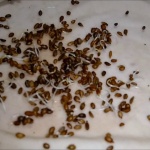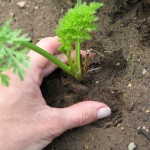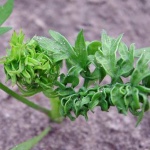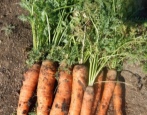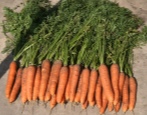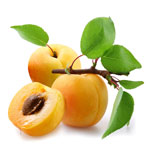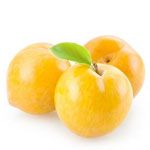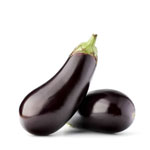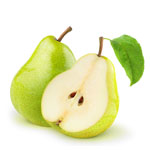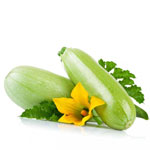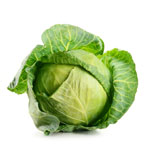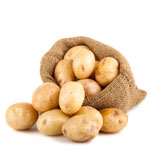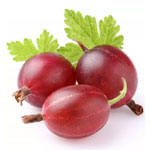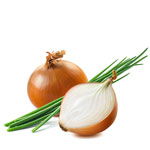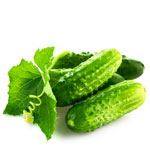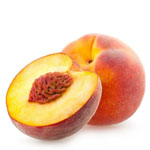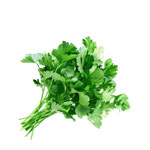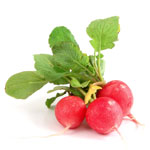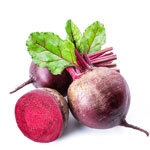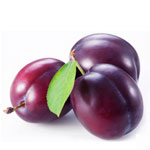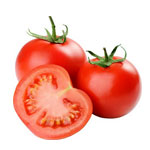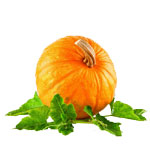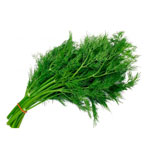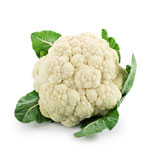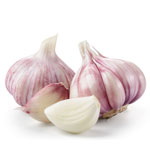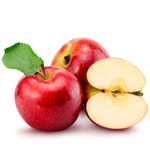
- Authors: Zink B.G., Konovalova N.V.
- Year of approval: 2008
- Appointment: for fresh consumption, for canning, for freezing, for bundled products, for making juice
- Leaf rosette shape: semi-spreading
- Leaves: medium, light green, fine to medium dissected
- Weight, g: 120-210
- The form : cylindrical with a slightly pointed tip
- Taste qualities: excellent
- Composition : dry matter 9.7-11.3%, total sugar 5.3-6.8%, carotene up to 11.7 mg per 100 g of raw matter
- Ripening terms: mid-late
The very sweet honey carrot is the result of domestic selection. But they choose a variety not only for this. It is well kept and looks quite presentable, which attracts professional farmers.
Breeding history
Authors of honey carrots are breeders from a well-known seed company. These are Zink B. G. and Konovalova N. V. The work began in the 2000s, and in 2005 the company filed an application for admission to cultivation. Variety trials began, which were successfully overcome, and in 2008 the Medovaya carrot variety joined the ranks of the State Register and was zoned for the Central Region of the Russian Federation.
Description of the variety
Honey belongs to the Nantes cultivar. Smooth and smooth roots are distinguished by a rather attractive appearance. One of the positive qualities is the fact that root crops can be stored until the new harvest, since the variety has excellent keeping quality.
Characteristics of the appearance of the plant and root crops
The plant of the considered variety is semi-spreading. Carrot leaves are medium, painted in light green tones, finely or medium dissected.
Root crops are cylindrical in shape, the tip is slightly pointed. The average weight of carrots is from 120 to 210 grams. They grow in length up to 16-18 centimeters. The color of the fruit and the pith is orange.
Purpose and taste of tubers
The taste characteristics of Medovaya are excellent, while the product is distinguished by a high level of carotene (11.7 mg per 100 grams of raw substance), as well as most vitamins. The fruits are intended for use in fresh food, as well as for canning, freezing, making juices and purees for baby or diet food.
Maturation
Honey carrots are mid-late varieties. The ripening time of root crops is estimated at 115-125 days.
Yield
The average yield of vegetables is 5-7 kg / m2.
Growing regions
According to the recommendations of the state register, the Honey carrot variety can be successfully cultivated in the Central region of the Russian Federation.
Growing and caring
For planting carrot seeds, Honey is ideal for both sandy loam and loamy soil. Sowing is recommended at the end of April, for which special depressions of 3-4 cm should be made in the ground. To obtain large carrots, the distance between the ridges should be maintained at 20 cm.After a couple of weeks, it will be necessary to thin out the beds. As a result, about 4 centimeters should remain between the plants. After the carrot seeds have been sown, it is recommended to mulch the soil.
For belt planting, you first need to loosen the soil. The seed tape is placed in moistened prepared furrows, the placement depth is one and a half to two centimeters. Then the tapes must be covered with soil and watered. The ridges are covered with a film, the soil moisture is maintained. Since the seeds on the belt are located at a certain distance, there is no need to thin out the crops.The plant develops well.
In the future, attention should be paid to care, which consists in regular loosening of the soil, as well as weeding from weeds. Honey carrots have good drought tolerance. It must be watered sparingly, but regularly, so that the roots do not crack. Carrots will grow well in those beds where cucumbers, zucchini, cabbage, and onions were previously grown. The culture grows especially well if the soil was previously fertilized with organic fertilizing. Honey carrots are fertilized as needed, but no more than twice during the growing season.
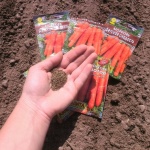
Carrots are one of the most unpretentious crops in terms of growing conditions; they can endure a short drought and a short cold snap. However, to get tasty and large root crops, you should adhere to the basic rules for planting carrots.

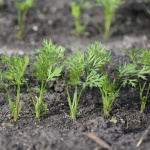

Carrots grow in almost any garden. There is an opinion that this culture is very resistant to all kinds of diseases and pests, but this is not the case. Without proper care, carrots become susceptible to all kinds of infections and are affected by harmful insects.


